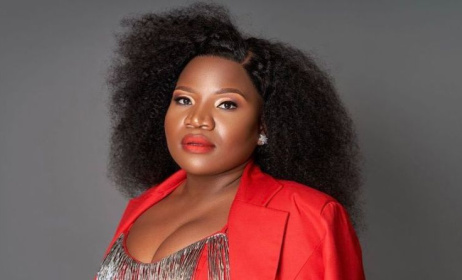Black Is King and the Mama Africa fallacy
Naming within the music industry has always been a problematic if not controversial matter, and to some degree it influences the reception and consumption of music by some artists. Beyoncé has not been spared controversies, and this article delves into naming her 'Mama Africa' while at the same time taking into consideration the contributions of Miriam Makeba, the previous owner of that title, to the African struggle.
 Miriam Makeba was affectionately known as 'Mama Africa'.
Miriam Makeba was affectionately known as 'Mama Africa'.
Almost a century ago, prominent African scholars in the diaspora began the negritude movement, which sought to celebrate blackness in its entirety. Aime Cesaire, a Caribbean, and Leopold Sedar Senghor, a Senegalese, were among the founding fathers of this movement. Through their poetry and seemingly borrowing from the Harlem Renaissance in the US, negritude artistry came as a protest against the colonialists' misconceptions of the African.
Africans were not perceived as just a means of production but people whose being celebrated their musicality and rhythm. Whereas 'negrituity' may be found in various forms of cultural expressions, it is best appreciated in music and poetry.
That established, in July-August 2020, Beyoncé's Black Is King, a musical film that not only seeks to celebrate blackness but also music and fashion from Africa. The film features prominent African musicians such as Burna Boy, Tiwa Savage, Shatta Wale, Wizkid, Yemi Alade and Sho Madjozi, among others. The contributions of these musicians within and outside the African continent cannot be understated. What we have in some of them is not just music and performance but also cultural icons, as especially exemplified by Burna Boy, who echoes Fela Kuti, and Alade, who channels Angelique Kidjo.
Many would agree that Beyoncé is slowly transitioning from a pop artist to a cultural icon. Her influence has oiled American feminist movements, and she is gradually channelling the same force to the celebration of blackness. Following the release of Black Is King, some cultural commentators were quick to label her 'Mama Africa'. Whereas she may trace her ancestry to Africa, it is important to question how such labelling sanctions a form of cultural authority on Africa not just as a continent but also as a people.
Makeba is the only musician to have the title 'Mama Africa' bestowed upon her. Placing Beyoncé and Makeba, our Mama Africa, side by side is scandalous to say the least, especially in terms of social impact in Africa. Makeba, like many other African musicians of her time, paid a political price for her artistry. Her voice accompanied the African struggle for independence. Mama Africa became the mother, and with her voice gave hope to all who were fighting the colonialists. She alleviated the fears of our leaders and reminded us that the lives lost in the struggle for independence were not in vain.
Both Makeba and Beyoncé indeed gave and give voice to the plight of black people. Still, while Beyoncé may be a black cultural icon, it is farfetched to call her 'Mama Africa' when her contribution to the African continent is still questionable. Naming is not just a process of identity creation but a process of granting power and responsibility with far-reaching impact, especially in Africa.
We celebrate Beyoncé's music and what she has done for women and black people in the US and elsewhere. Her reminder to us of the negritude movement is noted, but for now Mama Africa belongs to Miriam Makeba.
Sam Dennis Otieno is a cultural researcher at the University of Nairobi. The views and opinions expressed in this article are those of the author and do not necessarily reflect Music In Africa's.





























Comments
Log in or register to post comments